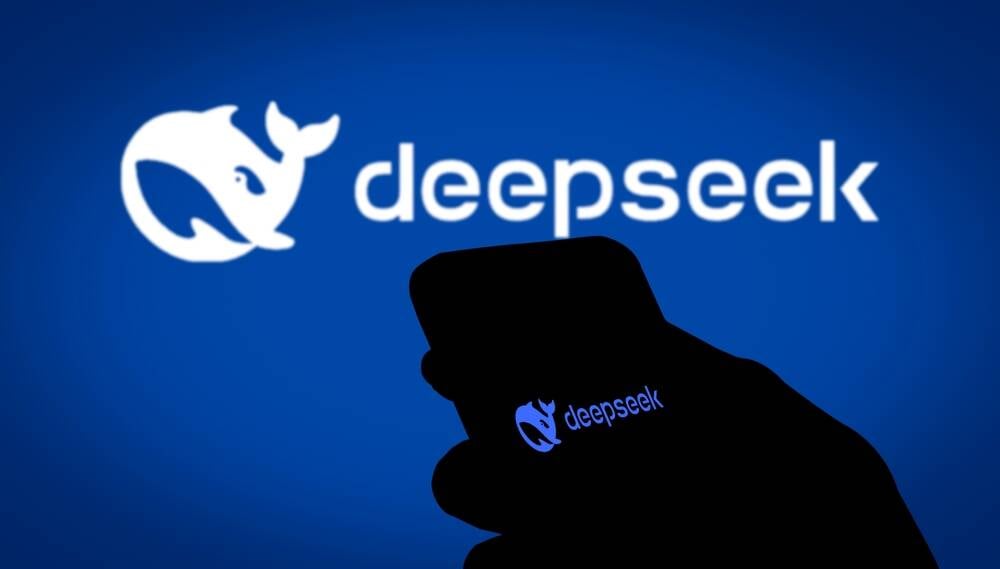
Huawei used its own silicon to re-educate DeepSeek
Asia In Brief Huawei last week revealed that China’s Zhejiang University used its Ascend 1000 accelerators to create a version of DeepSeek’s R1 model that improves on the original by producing fewer responses that China’s government would rather avoid.
The University explained how it used Huawei chips to build a post-training framework that re-worked DeepSeek’s model so it achieved “nearly 100 percent success rate against 14 common malicious threats, including toxic and harmful speech, politically sensitive content, and incitement to illegal behavior.” The re-trained model, dubbed DeepSeek-R1-Safe, is also more resistant to jailbreaking. The University achieved those results with just a one percent performance hit compared to DeepSeek-R1.
Huawei and the University are also proud to have outperformed the Alibaba Cloud’s Qwen model in terms of producing results that comply with China’s content rules.
India considers 20-year datacenter tax holiday
India’s government last week reportedly discussed draft plans to give a 20-year tax holiday to developers who build new datacenters.
New Delhi has already introduced many government digital services, built extensive broadband infrastructure, encouraged use of online services, and created a fund to create sovereign AI capacity. While major hyperscalers operate datacenters in India, the nation’s technology policy emphasizes developing self-sufficiency.
A tax holiday could therefore spur more development, and encourage local companies to consider investing.
They may need to move fast: Last Friday, Equinix announced the opening of its first International Business Exchange data center in the city of Chennai, India’s fifth-largest city.
- Cyber-scam camp operators shift operations to vulnerable countries as sanctions strike
- Microsoft, Linode, warn of cloud latency spikes due to Middle East submarine cable problems
- China launches new ‘AI+’ policy to ‘deepen information technology revolution’
- Australian university used Wi-Fi location data to identify student protestors
Taliban ban fiber internet access
Internet access over fiber optic cables is now illegal in the Afghan province of Balkh after the nation’s fundamentalist government reportedly banned it to curb immoral behaviour.
The Associated Press (AP) reports that the Taliban has promised to build an alternative network that runs on another physical layer.
Mobile internet services remain available in Balkh, but according to the AP residents find them frustratingly slow.
Samsung to hire 60,000
Samsung last week announced its intention to hire 60,000 staff in the next five years.
The company plans to “significantly increase” the number of internships it provides to university students, and to use that program to identify talent.
Samsung already sponsors South Korea’s National Skills Competition and will continue to do so with a view to hiring technical talent the program identifies.
The company also hopes to help people in their later years with technology that can identify early markers of Alzheimer's disease by tracking changes in cognitive ability by observing smartphone users’ keyboard input speed, message patterns, call frequency, and even their voices.
MSI collabs with Hokusai
Taiwan’s MSI has created what might be the perfect laptop for admirers of Edo-period Japanese woodblock prints, in the form of the Prestige 13 AI+ Ukiyo-e Edition featuring a modern take on Hokusai’s The Great Wave off Kanagawa.
Aside from the striking art, the laptop offers an Intel Core i9, a 13.3-inch 2.8K (2880x1800) OLED display, 32GB of memory, and all-day battery life. ®

